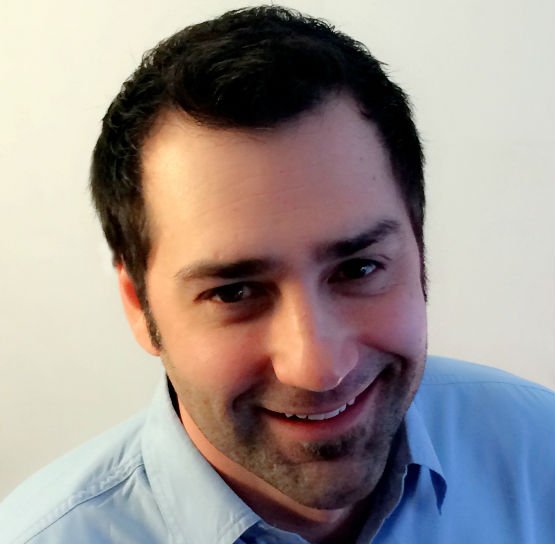Today we are here with Chani Mehlman a Certified life coach and addictions counselor. She has worked with individuals to help them get their life on track and to lead happy lives.
 Q: When did you decide that you wanted to help others to better their lives?
Q: When did you decide that you wanted to help others to better their lives?
A: As many mental health professionals say, people have always asked me advice and trusted me with their vulnerabilities. Since I was a young teen people had always told me that I would make a good therapist. That advice had not sealed the deal. When I was 18 I was figuring out my career direction, and a friend’s father had suggested I become a life coach. I looked into it and after learning about what it was there was something about the field that clicked with me. It felt right. The more I learned the more interested I became in helping others. It was like a world opened up to me, and I knew I wanted to dedicate my life to helping others lead the best lives they can.
Q: What were some of the unexpected hurdles and what were some of the unexpected benefits of becoming a Life Coach?
A: Thankfully, I couldn’t be more pleased with my education. The class I was in was mainly comprised of people who had completed MSWs (masters of social work) and were licensed to work. Most of the people who had achieved a masters felt this gave them tools they hadn’t learned that helped them practice properly. After completing the course it was difficult to be acknowledged as someone competent in the “help world”. I decided, if you can’t beat ‘em join ‘em! So I opened my own practice. It’s been a crazy journey establishing myself as a life coach after moving across the world, and finding myself in unexpected debt. I am grateful that through the rough times I continued to push forward build a support system for myself and continued believing in myself. The people who are consistently there to help me have made such a difference that when I was ready to give up or take a break I was able to get back on my feet stronger than before and keep going!
An unexpected benefit was that when we learned the tools to help others we ended up learning to implement them in our own lives. Gosh! There were so many ways to handle life that I learned, but I’ll talk about one that was particularly meaningful to me. We learned how to properly communicate with friends, family, spouses, and colleagues. The first time I tried a communication tool it was with a dear friend who had hurt me. Now here I thought she’s going to get upset at me for doing something wrong, but it didn’t go that way. Because of the way I communicated to her she understood my side then told hers. I cannot describe the amazing feeling after. You feel connected, light, and cared for. After this scary and pleasantly surprising conversation we felt closer. This was a benefit I never thought I would have gained!
Q: What is the one common problem you see among a majority of your clients?
A: There are two main things that I’ve seen to be common difficulties amongst different clients. People struggle with having a low self esteem, and I have also seen people who face living with trauma. They can and usually go hand in hand, but I’ve listed both to share some very interesting and useful information!
There are so many beautiful people who are held back by a low self-esteem. After getting to the root it may be that they never felt good enough in their parents’ eyes, societies eyes, or were never trusted and encouraged from parents or respected authorities. A low self-esteem can cause someone to view their self-worth as a talent or smarts. It can be harmful in relationships “I could never get someone smart.” People with low self-esteem are at a higher risk of being in abusive relationships because often they don’t believe they can do better, and tend to put up with abuse. Possibly even believing they are deserving of it. Which of course no one ever is!
Now let’s get to trauma. Francine Shapiro is the founder of a trauma therapy method EMDR. She describes trauma as a traumatic event that physiologically gets stored in the brain rather than processed by our brain. When a person experiences trauma a certain unprocessed memory gets triggered and they start to re-experience the emotions and fears from the traumatic event. A person will not know what’s a trigger, and what’s not if no one tells them. This is all they know. From their perspective, they often believe it’s who they are. Without having gotten help a person who has been traumatized may not be able to tell the difference from his past trauma and what’s present when experiencing a trigger. A person with unprocessed trauma may experience very high level of anxiety, a flood of emotions more regularly, and may even develop an addiction or personality disorder.
Life coaches don’t generally work with trauma, however, I have seen a good amount of people who have suffered trauma. These very dear people had benefited from life coaching after having a positive experience reprocessing or working through their trauma. It’s a really beautiful process!

